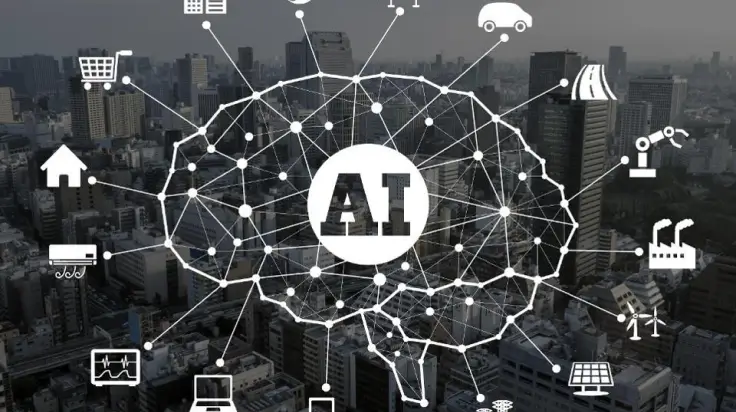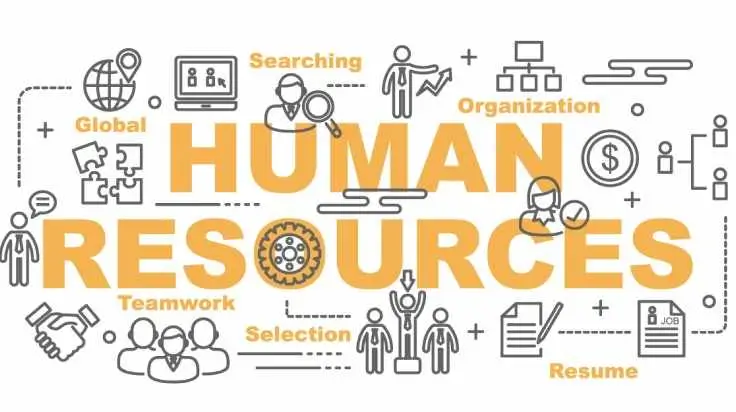
Future managers should blend technology and business for a turnaround in logistics and supply chain management sector
Artificial intelligence (AI), as the name suggests, is a technology that imitates the human capabilities of sensing and cognition. It has become one of the revolutionary innovations of the 21st century. AI involves decision making using computing machines, based on the available information (data), recognizing patterns, iterations (feedback incorporation) and algorithms. The typical examples we see in our daily life of AI uses are: Face pattern recognition machines used in social networking sites, interactive video games (Chess-playing computers), virtual assistants that use voice interactions (Apple’s Siri/ Amazon’s Alexa/the Google Assistant, and Microsoft Cortana), to name a few. The main principles involved in AI are deep learning (machine learning/neural networks) algorithms and Natural Language Processing (NLP).
AI helps human beings in two ways: Automation and Augmentation.
Automation is generally done for repetitive works, which require minimal human intervention. Examples include Amazon’s automated warehouse operations including smart sensing and boxing customer orders. Another example is Siemens Mobility’s effort in developing a monitoring system, which is using AI in traffic lights for controlling traffic jams during busy times of the day.
In augmentation, AI assists humans to facilitate decision making (personal or commercial), without having complete control of the output. Examples include AI used in virtual assistants, data analysis for demand estimation, weather risks estimation and mitigation solutions. This is especially useful in situations where errors can creep in due to human bias.
In the supply chain and logistics industry, AI is going to be a game-changer. McKinsey & Company estimates that the economic value addition due to AI applications in the supply chain will be between $1.3tr and $2tr. Businesses today have realized the potential of AI to solve the complexities of running a global logistics network. AI is helping companies to anticipate problems and make smarter and more agile decisions. It can help predict demands, anticipate problems and bottlenecks, and thus provide better services to customers and automate compliance processing. The supply chain can be more responsive with interactive applications like chatbots, smart warehousing (robotic goods retrieval, sensing, and inventory recording), cargo sensors, route optimization, automated purchasing, financial applications, etc. The application list can go on and on, ultimately leading to lower costs and fewer problems across the supply chain network.
For a student of management who has an expertise in AI, there is ample scope in the industry. Try doing some online courses; start initially with the basics of machine learning and then move further to advance neural network techniques. If you do not enjoy computation and algorithm development, you can still have a say in this domain by knowing the latest software usages in the AI arena.
Dr. Ajay
The writer is Dr. Ajay, Assistant Professor, UPES School of Business
Tags
- Artificial Intelligence
- supplychain management
UPES Admission Enquiry
Trending Post
Related Articles
Subscribe to UPES Blogs
Join our community for exclusive stories, insights, and updates
By clicking the "Subscribe" button, I agree and accept the privacy policy of UPES.




















































